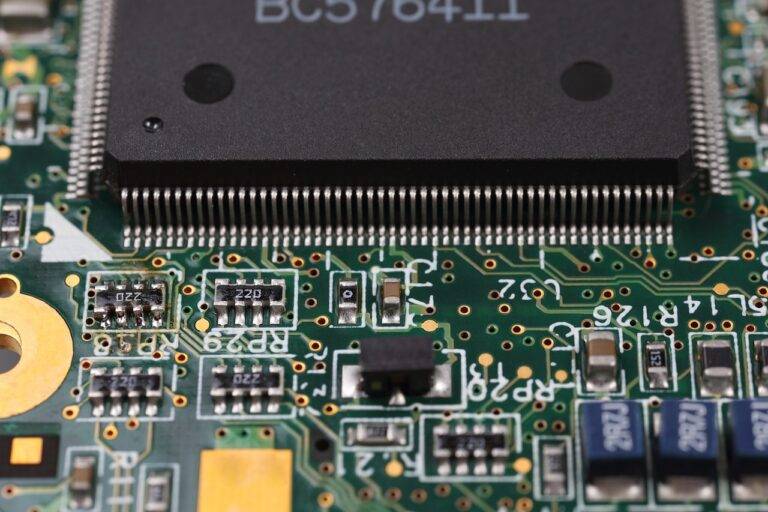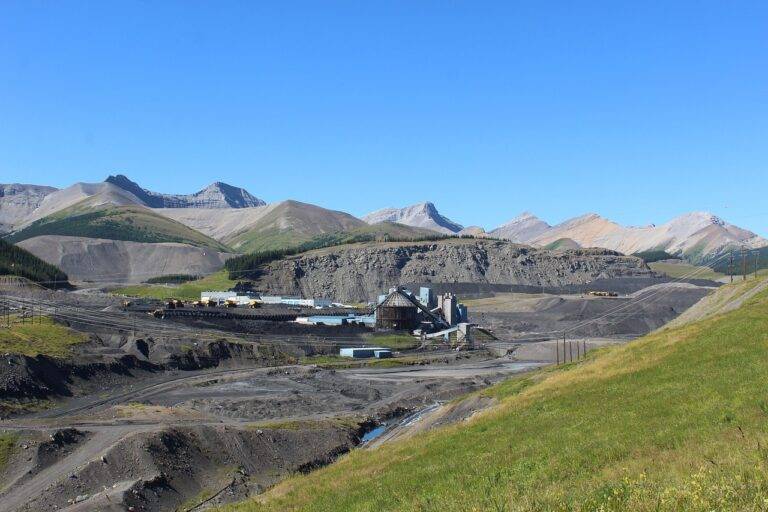Tech Innovations in Agriculture: Precision Farming and Crop Monitoring
Traditional agriculture faces numerous obstacles that hinder its productivity and sustainability. One significant challenge is the over-reliance on conventional farming techniques that often lead to soil depletion and reduced crop yields. Additionally, unpredictable weather patterns, pests, and diseases further complicate the already labor-intensive and resource-heavy nature of traditional agriculture, making it increasingly difficult for farmers to meet the demands of a growing population.
Moreover, limited access to modern technology and resources in many rural areas constrains the potential for innovation and efficiency in traditional farming practices. As a result, farmers struggle to compete in the global market and adapt to the evolving landscape of agriculture. These challenges underscore the urgent need for farmers to consider alternative methods, such as precision farming, to overcome the limitations of traditional agriculture and ensure sustainable food production for the future.
Evolution of Precision Farming
Precision farming has revolutionized the agricultural industry by incorporating advanced technology and data analysis to optimize farming practices. Farmers are now able to utilize drones, satellite imagery, and GPS technology to precisely monitor and manage their crops. By collecting real-time data on soil composition, moisture levels, and plant health, farmers can make informed decisions to enhance crop yield and quality.
Furthermore, precision farming allows for the implementation of variable rate technology, where inputs such as water, fertilizers, and pesticides can be applied at optimal levels tailored to specific areas within a field. This targeted approach not only increases the efficiency of resource utilization but also minimizes environmental impact by reducing excess application of chemicals. As technology continues to advance, the adoption of precision farming is poised to play a vital role in shaping the future of agriculture.
Benefits of Crop Monitoring
Crop monitoring offers farmers valuable insights into the health and development of their crops. By utilizing various technological tools like drones and satellites, farmers can gather real-time data on factors such as moisture levels, pest infestations, and nutrient deficiencies. This information allows farmers to make informed decisions and take timely actions to maximize their crop yield and quality.
Furthermore, crop monitoring helps farmers optimize their resource use and minimize waste. By identifying areas of their fields that may require more or less irrigation or fertilizer, farmers can tailor their inputs accordingly, leading to more efficient use of resources and cost savings. Additionally, early detection of potential issues through crop monitoring can help prevent crop losses, thus ensuring a more sustainable and profitable farming operation.
• Crop monitoring provides valuable insights into the health and development of crops
• Real-time data on moisture levels, pest infestations, and nutrient deficiencies can be gathered using technological tools like drones and satellites
• Informed decisions can be made based on this information to maximize crop yield and quality
• Optimization of resource use is possible through crop monitoring, leading to more efficient use of resources and cost savings
• Early detection of potential issues helps prevent crop losses, ensuring a more sustainable and profitable farming operation.
What are some challenges in traditional agriculture?
Some challenges in traditional agriculture include limited visibility into crop health, inefficient use of resources such as water and pesticides, and difficulty in predicting and preventing crop diseases.
How has precision farming evolved over time?
Precision farming has evolved with the use of technology such as GPS, drones, and sensors to collect data on various aspects of crop health and growth. This data is then used to make informed decisions to optimize crop production.
What are some benefits of crop monitoring?
Some benefits of crop monitoring include improved crop yield, reduced use of resources such as water and pesticides, early detection of crop diseases, and overall increased efficiency in farming operations.





